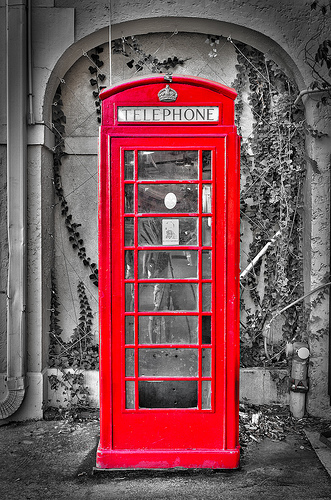
November Moon by Dead Air
Most writers work best when pushed to the wall. The deadline is definitely our friend. Which is good, because this week I got the email I’ve been waiting for: my editor has started reading (the novel formerly know as) The Fourth Wall.
This will be the first round of a four-part editing process, and somewhere around the halfway mark, I’ll let you know my publication date. (!!!)
Knowing it would take some time to get to this point, I’d taken on a few more projects:
- Preparing lesson plans for an essay writing class I hope to start teaching in November.
- Accepting a surprise invitation from a renowned local artist to perform at Space 55 in November.
- Signing up for NaNoWriMo because look! November’s almost here! Might as well commit to cranking out 50,000 words on my WIP.
Did I say I was excited to get the email about edits on my novel? I am. And it looks like I’ll be starting those edits around the beginning of . . . you guessed it. November.
Yes, I’m a bit overwhelmed. Yes, I’m smacking myself on the forehead, wondering what I’ve gotten myself into. I know you all would forgive me for skipping a few posts . . . but I’ve gotten used to posting on Fridays, and I can be stubborn. So you’ll probably still see me in your inbox each week, although the next four posts may be shorter. 😉
Wish me luck! As for you, November, all I can say is “Bring it on.”














Connect With Me